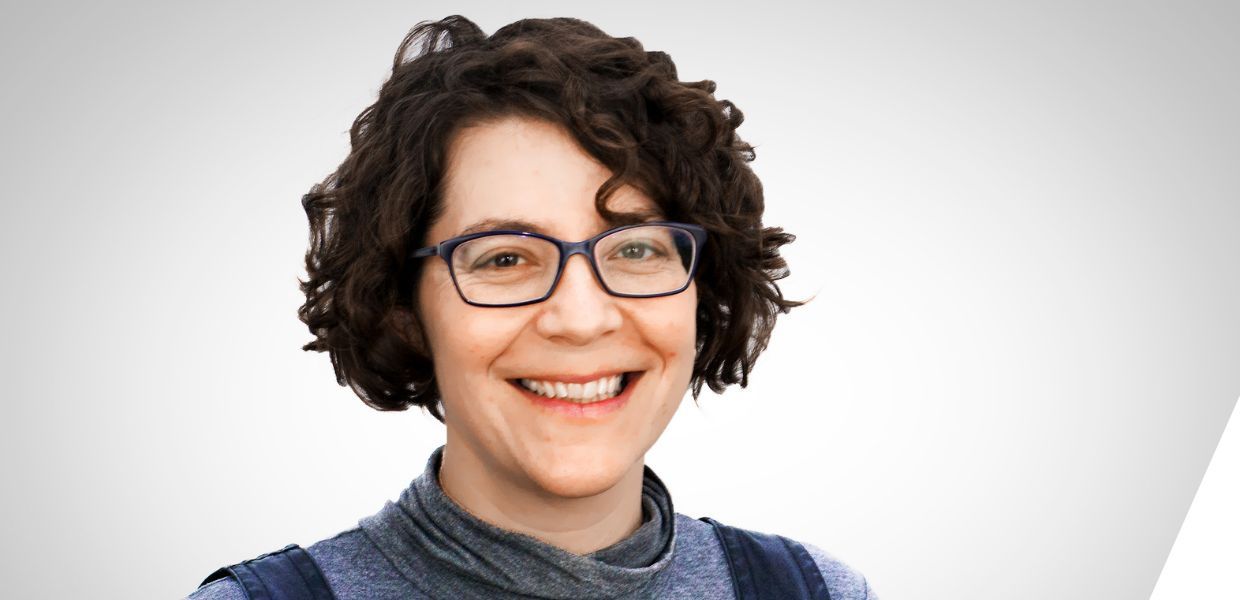How did you enter your profession?
I came to academia rather late, after several years of freelancing as a writer and researcher in South Africa, where I am originally from. In the early 2000s, I worked for a nonprofit called The African Commons Project, which was affiliated with Creative Commons. Working on free culture and open access topics sparked my interest in digital cultural heritage and the complexities and joys of working with it. This led to a PhD in Digital Humanities, where my research focused on the institutional, technical and conceptual changes that take place in large museums when they digitise their collections and records.
Since then, I have basically been obsessed with museum records and their digital surrogates and how the processes of digitisation and ingestion into large-scale, federated collections impact the ways in which people share, consume and understand digital cultural heritage.
What are you currently working on?
Right now, I am on maternity leave, so I am mostly working on making sure I remember to brush my teeth! But when I am not parenting, I am a postdoctoral researcher in the History department at the University of Vienna. My project looks at the museological and ethical issues involved in using linked open data to build digital heritage infrastructures. As museum professionals, we are used to using complex evaluation and decision-making processes for dealing with sensitive heritage materials. But these aren’t always appropriate in the digital context. So part of my project involves developing an evaluation framework for Linked Open Data collections, which take all of these issues into consideration, and will, hopefully, help producers and consumers of Linked Open Data collections to plan how and what they share.
What are some of the challenges in your role? What are some of your favourite elements?
As a non-technical person, the learning curve has been quite steep when it comes to understanding what is and is not possible with Linked Data. But I have been very lucky to work with colleagues who do have those skills, and are generous with their knowledge, and incredibly patient. These kinds of collaborative working relationships are also one of my favourite elements, especially since it is not always the norm in academia. I also love being given access to museum collection records. There is nothing I enjoy more than rummaging through such troves of data.
What was your motivation for joining the Members Council?
I have used Europeana as a source of research material for several years, and am fascinated by the technical infrastructure and architecture of the project. So one reason for joining the Members Council was to help me to understand the platform better. As someone who spends a lot of time thinking about metadata, I can't imagine a better place to be, to engage with people who think deeply about the quality of data all the time. But I also hope I can contribute to the Members Council in whatever ways possible as a way of putting something back into Europeana, since I have benefitted so much from it.
What do you plan to do as a Members Councillor?
As well as participating in the general activities, I have joined the Research Community Steering Group in order to get a better idea of the kinds of questions and requirements that researchers have of Europeana, both within the Members Council and in the broader network. I hope to learn from the archivists, librarians and technical folks who make up that community. I also hope to be able to contribute some of my own research findings on the use of Linked Open Data in heritage institutions to help inform the activities of the Members Council as a whole. And to make new friends!



